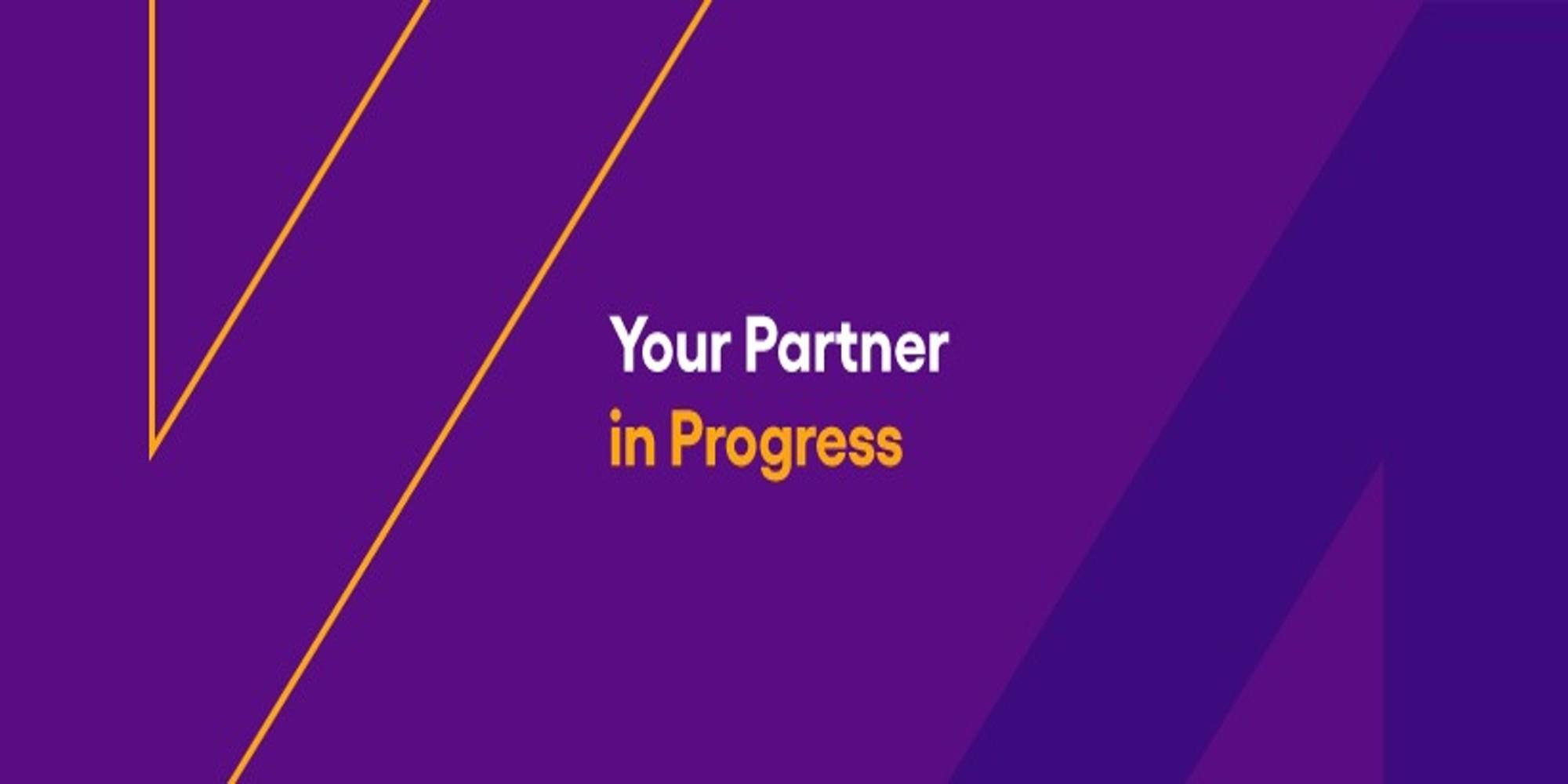
Are you facing the daunting challenge of debt recovery? It's a situation many find themselves in, but fear not – there are effective strategies to help you navigate this journey and emerge victorious. In this blog post, we'll explore some powerful techniques to empower debtors like you to take control of your financial situation and pave the way for a brighter future.
1. Assess Your Situation: The first step in any debt recovery journey is to assess your current financial situation honestly. Take stock of all your debts, including the amounts owed, interest rates, and any deadlines or penalties associated with them. Understanding the full scope of your financial obligations will help you develop a clear plan of action.
2. Prioritize Your Debts: Not all debts are created equal. Some may carry higher interest rates or have more severe consequences for non-payment. Prioritize your debts based on factors such as interest rates, creditor flexibility, and the potential impact on your credit score. By focusing your efforts on the most critical debts first, you can make significant strides towards financial recovery.
3. Negotiate with Creditors: Don't be afraid to reach out to your creditors to discuss your situation openly. Many creditors are willing to negotiate new repayment terms or even settle debts for less than the full amount owed. Be prepared to present a compelling case, including any hardships or extenuating circumstances that have contributed to your financial struggles. Honesty and transparency can go a long way in building goodwill with creditors and finding mutually beneficial solutions.
4. Explore Debt Relief Options: Depending on your circumstances, there may be various debt relief options available to you. These could include debt consolidation, debt settlement, or even bankruptcy as a last resort. Research each option carefully and consider seeking advice from a financial advisor or credit counselor to determine the best course of action for your situation.
5. Develop a Repayment Plan: Once you've assessed your debts, prioritized them, and explored your options, it's time to develop a concrete repayment plan. This plan should outline how much you can afford to pay towards your debts each month, taking into account your income, expenses, and other financial obligations. Stick to your plan diligently, but don't hesitate to reassess and adjust it as needed based on changes in your financial situation.
6. Seek Support: Remember, you're not alone in this journey. Reach out to friends, family, or support groups for emotional encouragement and practical advice. Dealing with debt can be overwhelming, but having a strong support network can provide invaluable assistance and motivation along the way.
7. Stay Positive: Finally, maintain a positive mindset throughout the debt recovery process. It may be challenging at times, but remember that every step you take brings you closer to financial freedom. Celebrate your successes, no matter how small, and stay focused on your long-term goals.
In conclusion, debt recovery is a challenging but entirely manageable process with the right strategies and mindset. By assessing your situation, prioritizing your debts, negotiating with creditors, exploring debt relief options, developing a repayment plan, seeking support, and staying positive, you can empower yourself to overcome financial adversity and build a brighter future free from the burden of debt. You've got this!
Amenities
- Elevator in building
- Friendly workspace
- Free parking on street
Company size
Location
Reviews (0)
No Reviews yet
Add Review
Related to Financial Services And Products


Vairt
Pennsylvania ,United States
Vairt is Leading Real Estate Investment Platform. At vairt we huge profit return ...


TranslendMortage
Texas ,United States
Translend Mortgage is a mortgage provider with the market’s most competitive rates ...


KAMA Capital
Dubai ,United Arab Emirates
Begin your trading journey with the leading Forex Broker in Dubai, UAE, providing ...





2-15 employees